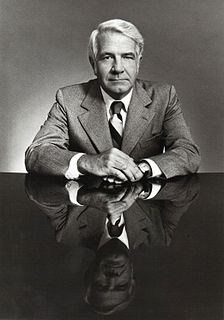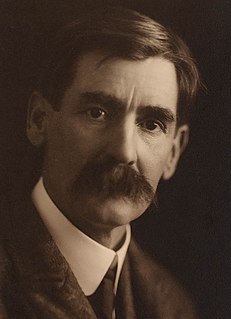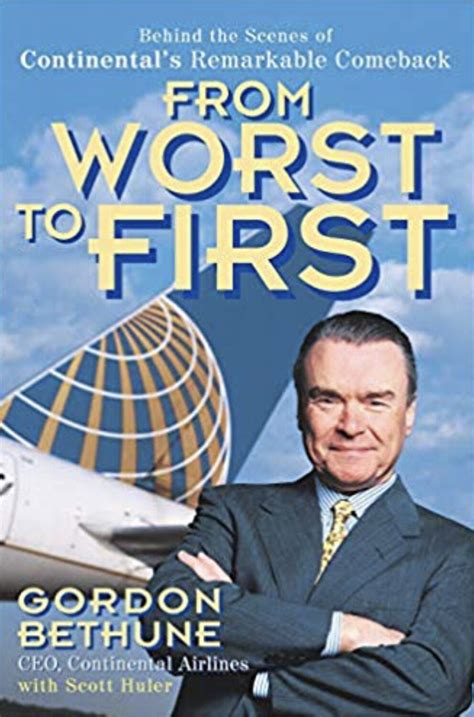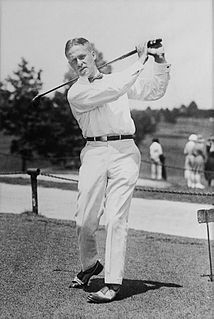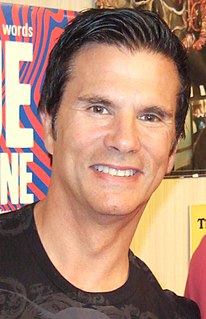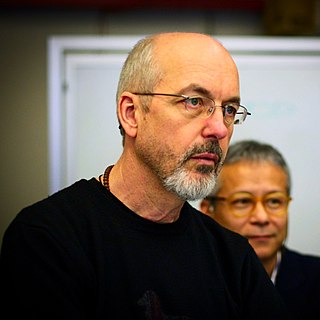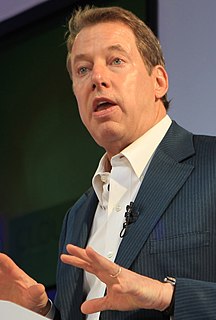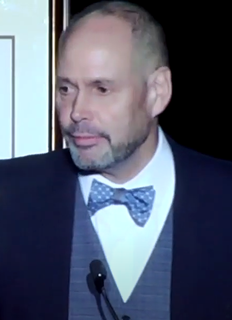A Quote by Chloe Grace Moretz
When you're a pilot, and you know all the ways to survive an airplane crash and how low the chances are, you feel safer.
Quote Topics
Related Quotes
I remain fearless of airplanes after 9/11. But during a trip to Los Angeles on a Boeing 767, I couldn't keep my mind from drifting: What's the largest piece of this airplane that could crash into the World Trade Center, explode out the other side, and survive intact? The landing gear? My computer battery? My belt buckle? My wedding ring?
At any time, somebody can blow themselves up and take Americans with them. They can blow up an airplane; they can crash an airplane. That's something we have to worry about every day - we spend 40 billion dollars yearly on homeland security. That has nothing to do with Crusades or any of that other nonsense.


